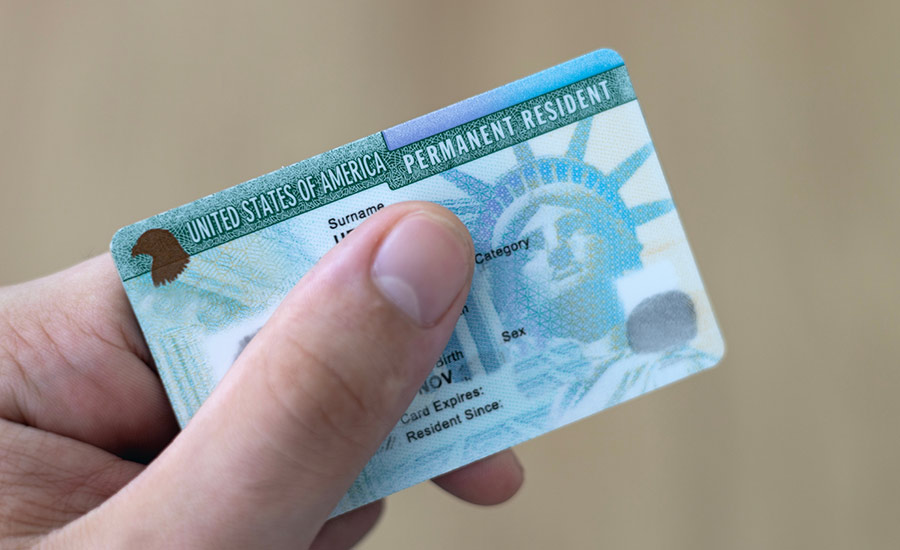

A Historic Raid Sparks Diplomatic Shockwaves
In September 2025, U.S. Immigration and Customs Enforcement (ICE) conducted a sweeping raid on an electric vehicle battery plant under construction in Ellabell, Georgia. The site—a $5.5 billion Hyundai-LG Energy joint venture—was slated to be a cornerstone of America’s clean energy transition. But on that day, federal agents detained 475 workers, the majority of them South Korean nationals. The U.S. government alleged that these individuals were working without proper authorization, many on tourist visas, ESTA waivers, or overstayed statuses.
This became the largest single-site immigration enforcement action in U.S. industrial history.
The raid ignited a diplomatic firestorm. South Korean officials swiftly condemned the action, stating that the U.S. had violated bilateral trust and disrupted $350 billion in pledged investments. In Seoul, the raid was seen not just as an enforcement action, but a betrayal—one that threatened jobs, strategic industrial partnerships, and the global competitiveness of both nations.
The Legal Controversy: Tourist Visas, ESTA, and a Gray Area in U.S. Immigration Law
At the center of the storm is a long-standing tension in U.S. immigration law: when is short-term work permissible under a visitor visa or the Visa Waiver Program?
Tourist visas (B-2) and visa waivers (ESTA) prohibit employment. However, their cousin category—the B-1 business visa—can sometimes allow narrow work functions, such as overseeing equipment installation, conducting training, or supervising manufacturing setups.
Attorneys for many of the detained workers argue that they were lawfully present under B-1 or ESTA status to perform technical, time-limited services, commonly accepted under business visitor standards in other U.S. industries. But immigration authorities contended otherwise, asserting that the workers were performing labor incompatible with their visa classifications.
That legal gray area—exploited by necessity due to the lack of a tailored industrial technician visa—has now triggered one of the largest cross-border visa confrontations in recent memory.
South Korea’s Leverage and the U.S. Reversal
South Korea didn’t just protest diplomatically. It threatened to withhold key investment and delay further development at U.S.-based manufacturing sites unless the workers were treated fairly and a visa solution was found. Given the high-stakes nature of the battery plant—essential to U.S. supply chain resilience—Washington took notice.
Within weeks, the U.S. agreed to allow many of the same workers to return to complete technical installations—using the very same visa categories they were previously accused of abusing.
This decision, revealed through bilateral negotiations, effectively reversed ICE’s earlier stance. The two governments also agreed to explore the creation of a new visa class specifically designed for short-term industrial or technical specialists. (Source)
For immigration lawyers, this is a clear case of policy hypocrisy. When politically convenient, immigrant workers are deported en masse; when their absence threatens factory output and foreign capital, the rules are quietly relaxed.
The Double Standard: Who Gets to Work, and Who Gets Punished?
What’s most troubling to immigration experts is the double standard in enforcement. If a Central American or African national landed at a U.S. airport and declared they were here to work in a factory on a tourist visa, they would be immediately deported—and likely barred from reentry for life due to visa fraud or misrepresentation.
But in this case, South Korean workers—backed by massive national investment—were granted a quiet exemption, permitted to return and resume their work despite the same technical violations.
This inconsistency raises sharp questions:
-
Is visa enforcement flexible only for allies with leverage?
-
Are workers being punished not for violating immigration law, but for coming from countries without economic clout?
-
Does U.S. immigration law protect industries—or just political narratives?
How Immigration Attorneys Can Help Navigate This Landscape
At Spar & Bernstein, we recognize that these challenges aren’t isolated. Increasingly, global industries rely on short-term, highly skilled foreign workers to meet technical demands. Yet U.S. immigration law remains rigid, outdated, and inconsistently applied.
Our team is uniquely positioned to help:
-
Assess legal risks for foreign workers entering under B-1 or ESTA who may perform technical tasks
-
Advocate for employers and workers in ICE enforcement cases or visa misrepresentation matters
-
Petition for appropriate employment-based visas (H-1B, O-1, L-1) or explore parole options when applicable
-
Engage consular officials and government agencies to protect foreign nationals from wrongful detention or deportation
We believe immigration law should support economic growth—not undermine it through fear, inconsistency, or selective enforcement.
Looking Ahead: Toward a Visa Category That Reflects Reality
The Biden administration and South Korean government are now working to establish a new visa category tailored to industrial technicians and engineers conducting short-term projects. While details are still emerging, the move signals an acknowledgment of reality: U.S. factories cannot run without foreign talent.
If structured correctly, this new visa could become a model for managing skilled, temporary labor—balancing the needs of enforcement, economic growth, and international cooperation.
But until then, the legal risks remain high for companies and workers operating in the gray zone of short-term visas. That’s why proactive legal counsel is more critical than ever.




